My Dog Eats Plant Pots: Adoption breakdown and its impact on one absolutely normal family
£7.60
The dream of a family, the inability to create one, after the IVF has failed, led to adoption for this perfectly normal pair. Their lives and that of their faithful canine companion were turned upside down and inside out, when they got astride the rollercoaster of the adoption process. Successfully leaping all the hurdles, being assessed as suitable adopters, they found two children they thought they could care for, and protect, and finally become Mummy and Daddy. The story of two little people, two big people and one slightly eccentric dog. But the fairy tale became a nightmare. When proud people who just didn’t do failure, had to admit defeat, when they finally brought themselves to ask for the help that was promised, and it was not there. How the system is broken, how the blame game begins and then never stops. How those who should be at the centre are rarely put there. A very personal and frank account of adoption failure, disruption, breakdown. It is sad, it is horrid, it hurts. It is happening now, more often than you think, and it needs to be talked about. An important read for potential or existing adopters, or anyone involved with families during or after the adoption process, this challenging account of what can go wrong raises questions over the process of adoption, and more importantly adoption support.
Read more
Additional information
| Publisher | Bernstein Books (19 Mar. 2020) |
|---|---|
| Language | English |
| Paperback | 272 pages |
| ISBN-10 | 1527256936 |
| ISBN-13 | 978-1527256934 |
| Dimensions | 13.34 x 1.73 x 20.32 cm |

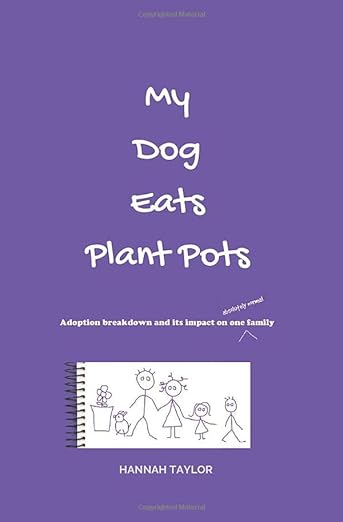



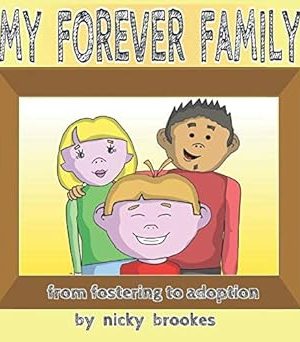
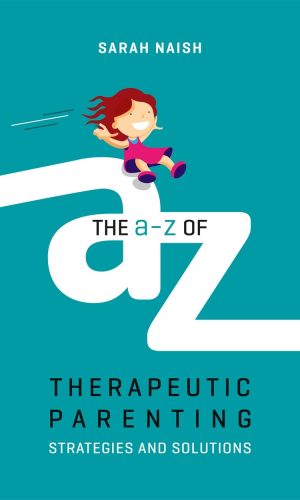
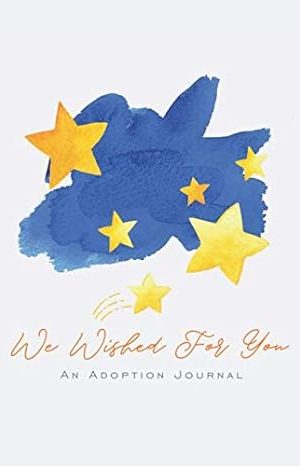

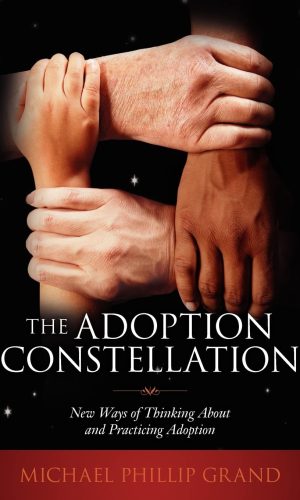

by Ms j m Shove
Brilliant and I could sadly totally relate to this story.
People that haven’t lived this may struggle to understand this book but believe me there are hundreds of us out here who’s own adoption experiences scarily mirror those described in this book. Love is not always enough. Brilliantly written with humour and honesty. Our experiences of SS also mirror this. No support at all. Great read. I believe social workers could do with reading this and know this book speaks for hundreds of adopted families. Would be a good reference guide to help them understand how excruciatingly difficult it is to live with a traumatised child. Thanks for writing this. Great job xx
by Reader
I’m an adoption social worker, and read the authors warning in the first chapter that social workers probably shouldn’t read this book, but I’m mighty glad I carried on anyway! What an important read this is, not only for prospective adopters who are starting their journey all gooey-eyed about how lovely family life will be, but also for the professional network to read and reflect on the roles they played. The author paints a frustrating but sadly accurate picture of how impossible it can be to access proper support for these most traumatised and vulnerable children, and shares the story of how she felt that she had no option other than to place her son in foster care, and try and parent from a distance. I found myself groaning and sighing at some of the comments that professionals made, and the process itself of getting any support which is complex and unhelpful. I also laughed out loud a lot at some of the stories told and the liberal amounts of swearing! Absolutely a must-read.
by Ricky Books
I’ve read a lot of books of this genre but, although the family clearly went through hell, this book did not move me in the way others have done. One reason for this was because the children were called Girl and Boy. Had they been given names (not their real ones, obviously), plus Hub and Dog, it would have felt more real. I would have loved to have known more about Boy’s problems and behaviour. It felt that the most important person in the book – Boy – was essentially missing. Also missing was a sense of love for the children. In fact, a declaration of love for her daughter was not made until the very end of the book. I have no idea if the author ever actually loved her son. The disparaging names given to social workers also grated with me. I found myself wanting to know the other side of the story, ie from the point of view of social services. I struggled also with the style of the book. Spelling and grammar was fine (apart from a number of made up words) but the book needs a good editor e.g. the overuse of cliches and some repetition.
by Miss M
Fantastically written book describes adoption deception and lack of support from local authorities to a “T”
If you’re going through an adoption disruption THIS IS THE BOOK for you!!
by Steven Hulme
This is an important book.
In response to earlier reviews, I would remind them that the author very specifically advises social workers (and other dis-“interested” professionals) not to read on; it isn’t for them.
This is a red-hot-searing, first-hand and very unforgiving portrait of adoption disruption from the perspective of a first-hand witness. If that doesn’t describe you, there is very little for you here. If that *is* you, there is *everything* you need between these pages.
If you believe that art should “comfort the disturbed and disturb the comfortable”, this book will make you feel less alone.
THANK YOU, Hannah Taylor. THANK YOU.
I read this book and I felt less alone. If there’s a better recommendation, I urge you to write it.